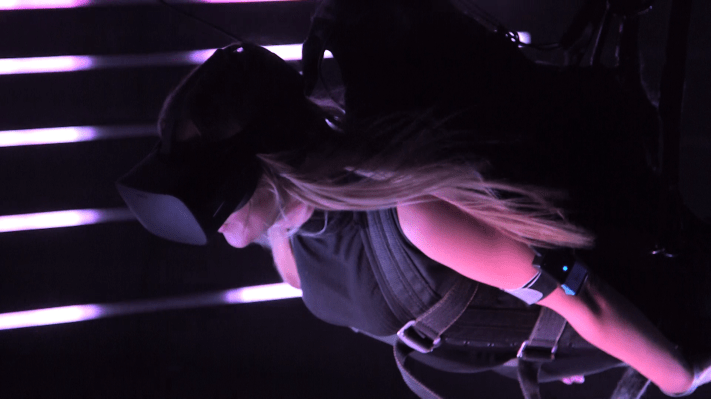Udacity – the online school started by Google X founder and self-driving car pioneer Sebastian Thrun— is offering a new “nanodegree” online to prepare students for jobs in the still emerging industry of virtual reality.
Udacity promises to give online learners with no prior programming experience the skills to create mobile phone and desktop-based virtual reality “experiences” or applications that can be used on HTC Vive, Google Cardboard, Daydream and Oculus Rift.
Christian Plagemann, who co-founded the Google VR team and was a lead developer of Google Cardboard, joined Udacity as a director this year specifically to develop its virtual reality curriculum.
He’s managed to pull in corporate partners including Google VR, HTC Vive, and Upload, and stars of the VR industry including Matt Sonic to help develop VR curriculum. Sonic is also an instructor in the Udacity course.
Plagemann tells TechCrunch, when it develops any new course, Udacity focuses on helping students gain skills they need to attain employment in a field they love, from self-driving vehicles to machine learning. The new VR nanodegree follows in that mission.
“We want people to be able to write applications and experiences that are basically as good as real life, snappy, fast but don’t drop frames and feel absolutely real,” Plagemann said.
The course takes place in a virtual reality environment, allowing instructors to demonstrate concepts in 3-D, unlike other interactive courses on Udacity, which rely on more traditional video, written and illustrated content.
Udacity students will need to work with a Google Cardboard headset and smartphone of their choice to complete the VR nanodegree. Those who have higher-end VR systems at their disposal, like an HTC Vive or Oculus Rift headset, can complete optional coursework on “High Immersion VR.”
The course costs $199 per month. Students who finish the course within one year get an automatic refund of 50% of their tuition. Students can take the course on their own schedule, which makes it appealing to people who have a job or other responsibilities that wouldn’t allow them the schedule to participate in courses on a college campus.
Eventually, Udacity will give students their tuition back for the VR nanodegree program if they pass it but do not attain a job in the industry within 6 months of graduation.
Plagemann said, “There’s almost infinite demand on the company side for talent in VR, and there’s also very high demand for people who simply want to learn this.”
He also believes the industry is at a tipping point, akin to the mobile industry at the dawn of the smartphone era. “If you could have become a mobile developer just at the point that the first iPhone was coming out, wouldn’t you?” Plagemann asked.
